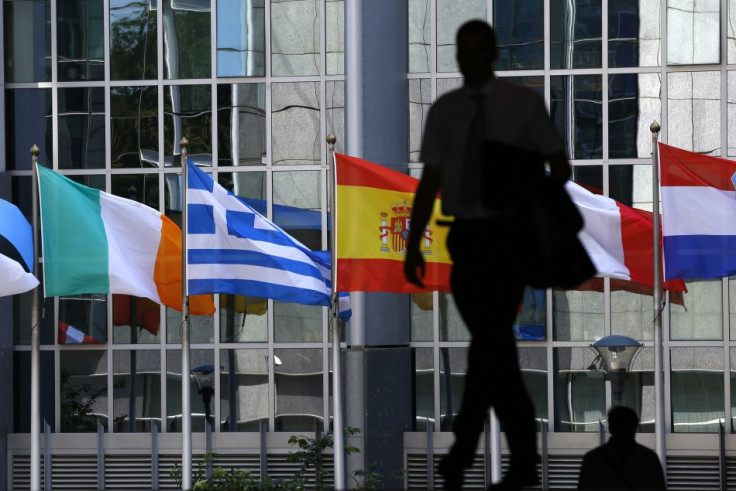EU Debates Creation of Agency to Salvage or Shut Failing Banks

The European Commission will debate on the creation of an agency that will have the power to determine the fate of failing banks after it agreed last month to protect taxpayers from future bailouts.
Eurozone leaders will discuss on Wednesday, on whether it is possible to establish a new group to either salvage or shut beleaguered banks with a €70bn (£60bn, $90bn) war chest at its disposal.
Supporters of the proposed agency say that the new authority would be supervised by European Central Bank (ECB) when it decides whether to wind down or revamp troubled lenders.
They add that the new board would have authority over all 6,000 banks in the Eurozone.
If all EU states agree on the formation of the new agency, it will mean that the group can force investors and wealthy savers to share the burden of bailing out a bank.
However, there is strong resistance from the German government.
Officials warn that even if the creation of a new agency is forged, it will take years to establish as it needs to raise the funds to pay for the costs for any bank wind-downs it orders.
Authorities revealed that they may ask the banks to siphon money into the proposed war chest, which will be used in the event of a bank bailout or closure, but the creation of such a fund would take over a decade to fill.
'The Doom Loop'
In June this year, the EU sealed a deal to protect taxpayers from the cost of future bank bailouts by forcing investors and wealthy savers to share the burden.
A day later, EU leaders signed a number of deals on a banking supervisory resolution and the long-term Eurozone budget, including the new blueprint for rescuing troubled banks.
However, there is strong opposition from Germany, which fears it could stump up most of the costs from bailing out the banks under new proposals. It is also heavily reluctant to surrender autonomy to an independent agency.
The Eurozone already has a rescue fund called the European Stability Mechanism which is aimed at severing the 'doom loop' of funding between bank and state.
The opposition says that the 'resolution board,' which would execute bank wind-downs, should be forbidden from imposing bank bailout or closure decisions on countries, if that would result in a bill for that nation's taxpayer.
© Copyright IBTimes 2025. All rights reserved.






















